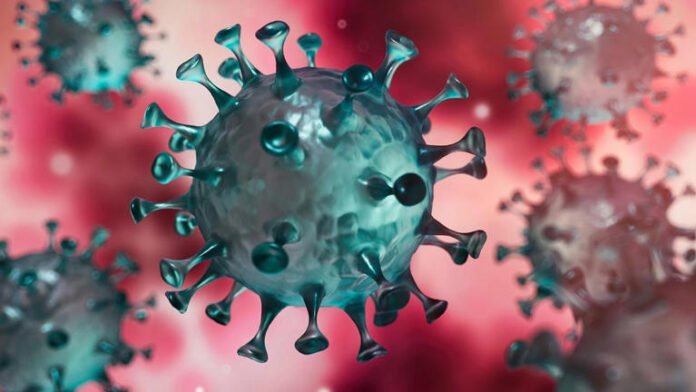India has recently reported 324 cases of the newly identified KP.2 and KP.1 ‘FLiRT’ variants of COVID-19, according to a detailed report by health authorities. These variants, which have been detected across multiple states, are raising concerns due to their potential impact on transmissibility and vaccine efficacy. As the country continues to navigate the complexities of the pandemic, this development underscores the ongoing challenges in the fight against COVID-19.
The KP.2 and KP.1 variants, collectively referred to as ‘FLiRT’ due to their unique spike protein mutations, have been under close surveillance by virologists and epidemiologists. These mutations are believed to enhance the virus’s ability to bind to human cells, potentially increasing its infectiousness. While there is still much to learn about these variants, early indications suggest that they could spread more rapidly than previous strains.
The report, which was compiled by the Indian Council of Medical Research (ICMR) in collaboration with the National Centre for Disease Control (NCDC), highlights the geographical distribution and epidemiological characteristics of these variants. The majority of cases have been reported in states with high population density and significant urban centers, such as Maharashtra, Delhi, Karnataka, and Kerala. However, cases have also been identified in more rural areas, indicating widespread transmission.
Health experts are particularly concerned about the implications of the FLiRT variants for the country’s vaccination campaign. India has made significant progress in vaccinating its population, with millions receiving their doses of various vaccines, including Covishield, Covaxin, and others. However, the mutations present in the KP.2 and KP.1 variants may partially evade the immune response generated by these vaccines. Preliminary studies are underway to assess the extent of this potential immune escape.
Dr. Vinod K. Paul, a member of the NITI Aayog and head of the national task force on COVID-19, addressed these concerns in a recent press briefing. He emphasized that while the emergence of new variants is a natural part of the virus’s evolution, it is crucial to remain vigilant and adaptive in the public health response. “The detection of the FLiRT variants is a reminder that the virus continues to mutate and challenge our efforts. It is essential to ramp up genomic surveillance and adapt our vaccination strategies accordingly,” he stated.
In response to the emergence of these variants, the Indian government has announced several measures aimed at containing their spread. Enhanced genomic sequencing efforts are being prioritized to monitor the prevalence and spread of KP.2 and KP.1. Additionally, states have been advised to increase testing and contact tracing, particularly in regions where these variants have been detected.
Public health officials are also urging citizens to continue adhering to COVID-19 appropriate behaviors, including wearing masks, maintaining physical distancing, and practicing good hand hygiene. The government has reiterated the importance of vaccination, encouraging eligible individuals to receive their shots as soon as possible. Booster doses are also being considered for vulnerable populations to enhance immunity against emerging variants.
Internationally, the discovery of the FLiRT variants in India has prompted discussions about travel restrictions and quarantine protocols. Several countries are closely monitoring the situation and may implement measures to prevent the importation of these variants. Collaborative efforts between nations are being strengthened to share data and strategies for managing variant-related challenges.
The scientific community is mobilizing resources to study the FLiRT variants in detail. Researchers are conducting laboratory experiments to understand how these variants interact with antibodies generated by vaccines and previous infections. This research is crucial for developing updated vaccines and therapeutic strategies that can effectively combat these new strains.
As India grapples with the emergence of the KP.2 and KP.1 ‘FLiRT’ variants, the situation underscores the dynamic nature of the COVID-19 pandemic. Continuous vigilance, robust public health measures, and international cooperation are essential to mitigate the impact of these variants. The fight against COVID-19 is far from over, but with concerted efforts and adaptive strategies, it is possible to stay ahead of the virus and protect public health.
